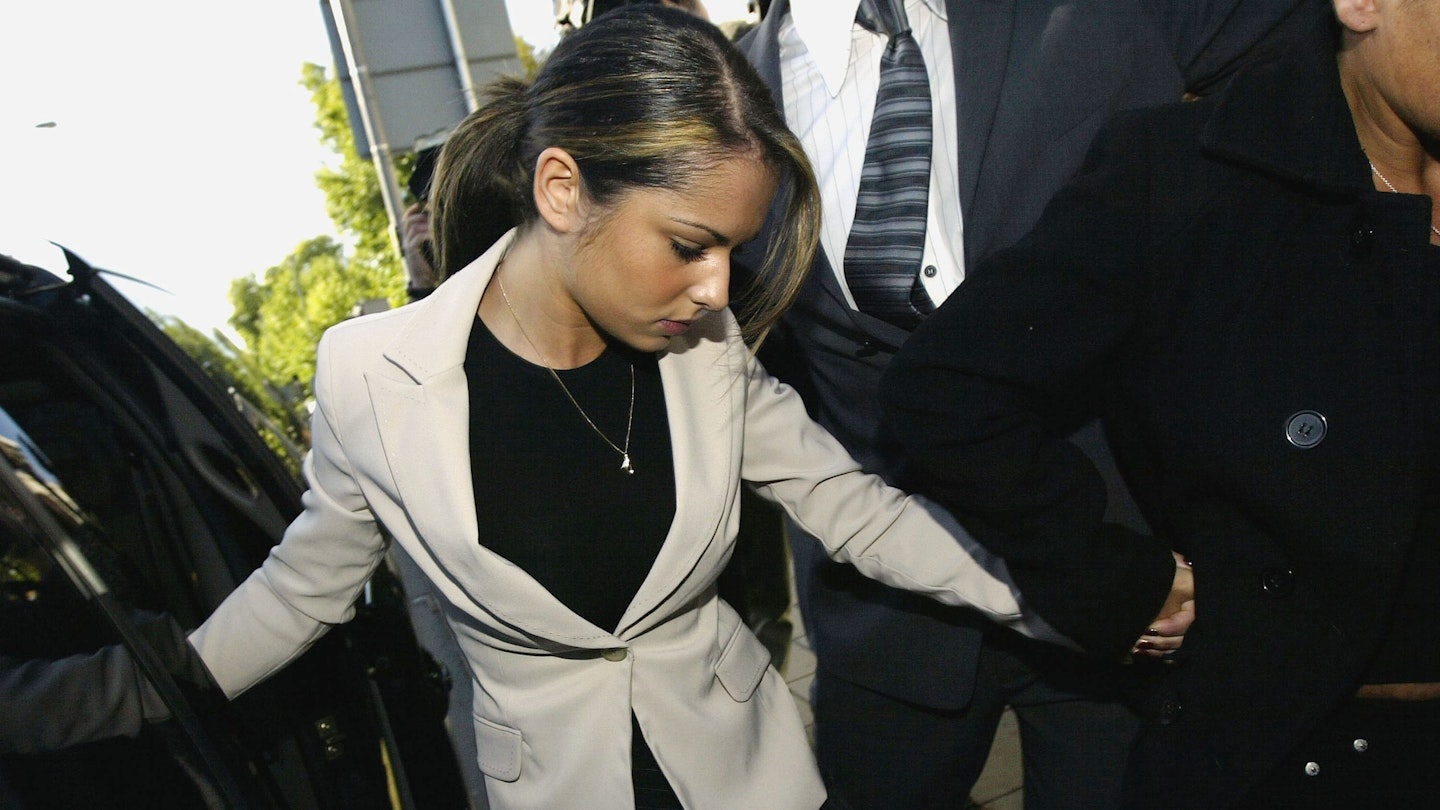This week, people are talking about Cheryl Cole again. Why? Because of the assault charge she was convicted for in 2003. No, we’ve not gone back 18 years – although a 2003 summer would be nice – it’s all just being rehashed thanks to Louis Walsh.
On Tuesday's episode of Celebrity Big Brother, Louis Walsh said the incident is 'not forgotten' after it came up in a conversation with Walsh's fellow housemates Marisha Wallace and Zeze Millz. Whilst sitting in the kitchen, Millz said 'Cheryl Cole had that big incident where she beat up the toilet attendant. She gave [the victim] a black eye, it was a big thing in the papers.'
When Wallace questioned how Cheryl ended up in this position so soon after Popstars: The Rivals, Walsh responded she was 'unprepared', continuing 'She hit that woman, a big black eye. Oh it was huge, a big story.'
Of course, this isn't the first time the incident has resurfaced. In 2021, Cheryl announced she was to be hosting an R&B podcast called ‘You, Me & R&B’ on BBC Sounds. The podcast featured eight episodes, with Cheryl talking briefly between playing tracks she loves from the genre.
The decision to hire a white pop singer to host a podcast about R&B was criticised by many. Not just because of the cultural appropriation her appointment arguably represents.
Commentators began questioning why the BBC had appointed a white woman to host a podcast about a musical genre invented by Black people. A BBC spokesperson told reporters at the time: 'We feature a wide range of voices spanning different genres across our extensive music output. Many of our shows are fronted by DJs who are experts in their fields, others are hosted by people with a passion for their topic. Cheryl’s You, Me and R&B shares personal stories from her youth, soundtracked by her favourite genre.'
Now, we must note that Cheryl never convicted of racially aggravated assault – instead convicted of assault after her lawyers argued that the allegation of racism only emerged after the Sunday Mirror became involved in the story.
That hasn’t stopped Cheryl trending through, with ‘Cheryl Cole racist attack’ and ‘Chery Cole assault punch’ currently breakout search terms on Google. So what actually happened during the 2003 incident?
The Cheryl Cole assault conviction explained
According to Cheryl’s court case, the singer was accused of racially aggravated assault on a nightclub toilet attendant in January 2003. The singer punched part-time law student Sophie Amogbokpa – who was 39 at the time – after an argument ensued over lollipops at Drink club in Surrey. During the trial, reports state that the prosecution argued Cheryl became angry when Sophie told her she could not have what she wanted, and called her a ‘f**king Black bitch’ during the assault.
Cheryl admitted to calling her a ‘f**king bitch’, but denied using the word ‘Black’ – nor other slurs the prosecution levied at her. She was notoriously accused of using the word ‘jigaboo’, but claimed she did not know what the word meant to even use it.
Her defence then argued that the allegation of racism was invented by the club in order to sell their story to the Sunday Mirror. Drink club’s director, Paul Endersby admitted to phoning a public relations agent, Keith Bishop, within an hour of the incident but said he wanted advice on ‘how best the media could be handled’. Bishop was said to arrive within hours at the club before debriefing staff who were involved.
Of all the witnesses heard during the trial, only the staff who had been briefed claimed Cheryl used racist abuse – with no other witnesses in the case (including other women in the toilet, the VIP lounge and a doorman) mentioning racist language used. Sophie also did not mention racist abuse to the police during her first statement, with the prosecution stating that she made the allegation after talking to Bishop and the Sunday Mirror.
While prosecution argued that Cheryl had strong motive to lie about the incident given her band Girls Aloud was number on in the singles charts at the time, the jury found her not guilty of racially aggravated assault.
Judge Richard Haworth said during the sentencing that ‘the word Black is essential to the case, f**king bitch is not enough.’ He went on to say that it was an ‘unpleasant piece of drunken violence’ and Cheryl showed ‘no remorse whatsoever’ for her actions. However, that she was of 'good character' and had no previous convictions. She was then sentenced to 120 hours of community service and ordered to pay a £3,000 fine.
After completing her community service, Cheryl issued a public statement of apology on BBC Radio Five Live, stating 'I'm sorry to the fans and to my family and the other girls that it ever happened. I'm sorry that I went out that night.'
I wanted her to apologise to me as a person.
In an interview with the Guardian after the trial, Sophie said she had still not received a personal apology from Cheryl and faced six weeks off work due to the 'substantial damage' to her eye.
'The judge said she had not shown any remorse, but she could have done it now,' Sophie said at the time. 'I wanted her to apologise to me as a person. The fact that she hasn't just goes to show how much she feels I am just rubbish. She was able to apologise to her fans and her family and other people but not to me, the victim, who she caused so much stress and pain.'
Since the conviction, Cheryl has been unwilling to talk further about the incident. In a 2018 interview with the Guardian Guide, Cheryl was asked about the assault charge by Peter Robinson. He reported that the ‘temperature in the room seem[ed] to drop several degrees’ when he questioned her about it, before Cheryl told him it was ‘irrelevant’ and the subject was ‘boring’.
‘I don’t understand why you’d even bring it up,’ she said – adding that she doesn’t think anyone ever talks about it anymore.
Of course, that all changed this week with the announcement of her new podcast. Will Cheryl be forced to address the assault conviction once more then? Only time will tell.
Click through for anti-racism charities you can support in the UK
Anti-racism charities in the UK - Grazia
 1 of 14
1 of 14Show Racism The Red Card
Provides educational workshops, training sessions, multimedia packages, and a whole host of other resources, all with the purpose of tackling racism in society.
 2 of 14
2 of 14Stop Hate UK
A service for victims of racial harassment aiming to end hate crimes in the UK.
 3 of 14
3 of 14Stephen Lawrence Charitable Trust
Stephen Lawrence Charitable Trust works with young people from disadvantaged backgrounds aged 13 to 30 to inspire and enable them to succeed in the career of their choice
 4 of 14
4 of 14Prison Reform Trust
Prison Reform Trust works to make the prison system in the UK just, humane and effective.
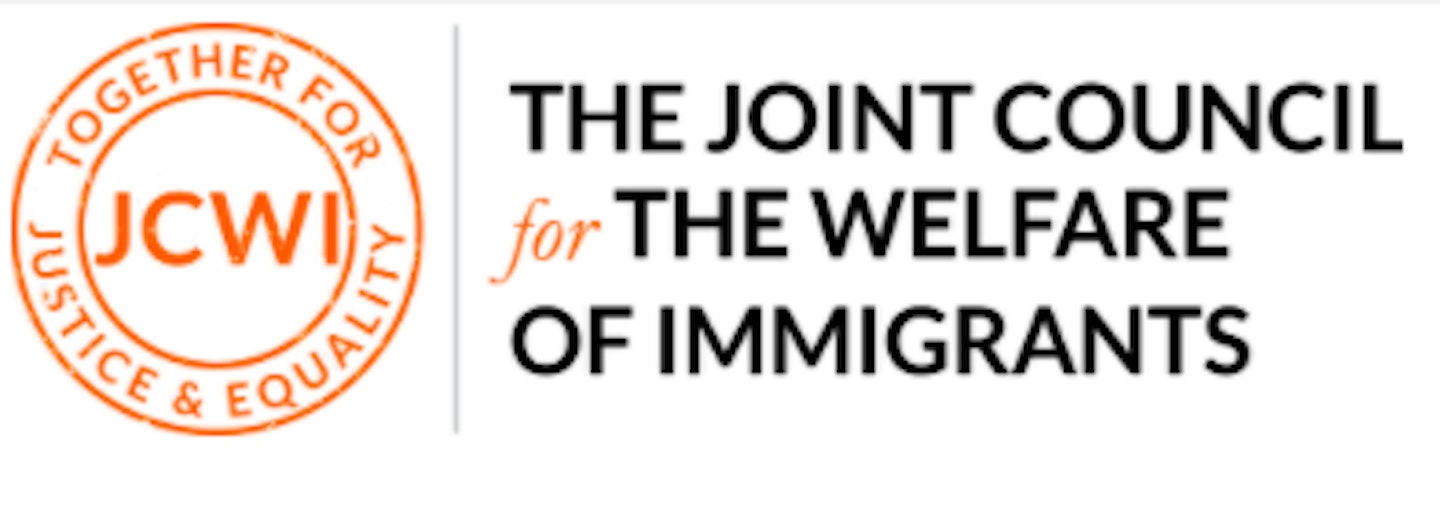 5 of 14
5 of 14Joint Council For The Welfare Of Immigrants
The JCWI aims to create a world in which immigration law and policy are based on sound evidence, promote the rule of law and are underpinned by respect for human rights and human dignity
 6 of 14
6 of 14Access UK
Helps reduce BME youth unemployment, provide employment and training solutions for youth offenders and implement anti-gang initiatives in the community.
 7 of 14
7 of 14Charity So White
Tackles institutional racism in the charity sector.
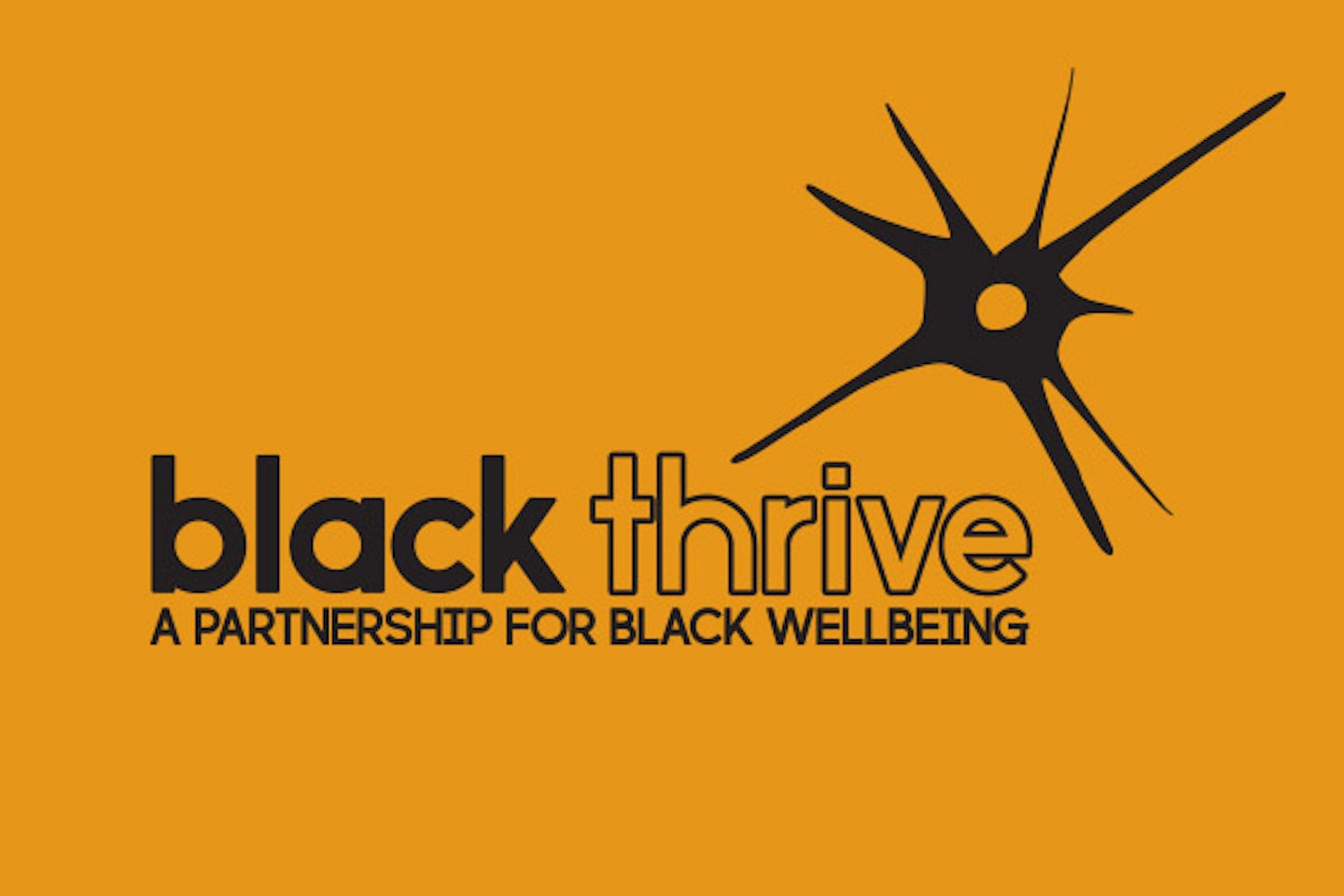 8 of 14
8 of 14Black Thrive
Black Thrive works to reduce the inequality and injustices experienced by Black people in mental health services.
 9 of 14
9 of 14The Ubele Initiative
Supports the African diaspora community.
 10 of 14
10 of 14Women In Prison
Supports women affected by the criminal justice system and campaigns to end the harm of prison to women, their families and our communities.
 11 of 14
11 of 14Race On The Agenda (ROTA)
Race On The Agenda (ROTA) is a social policy research organisation focusing on issues that impact BAME communities.
 12 of 14
12 of 14The Equality Trust
Works to improve the quality of life in the UK by reducing economic and social inequality.
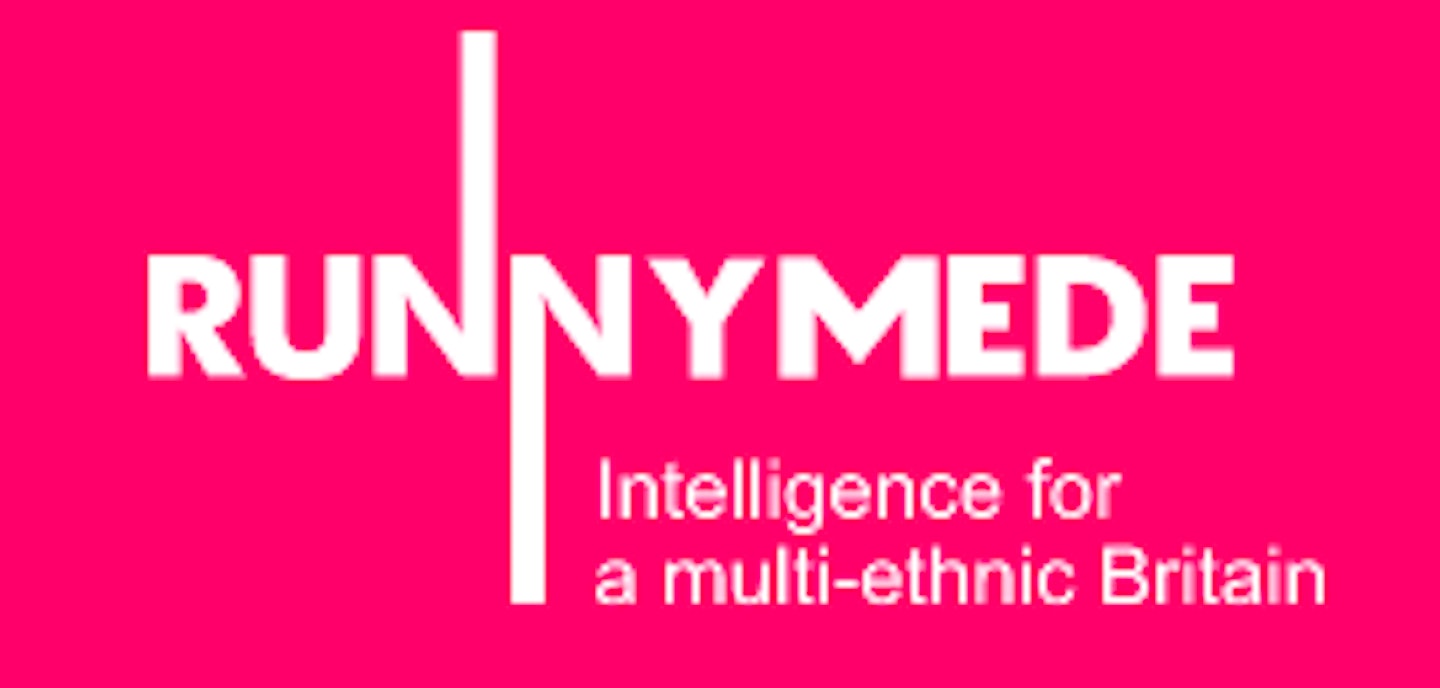 13 of 14
13 of 14Runnymede
Generates intelligence to challenge race inequality in Britain through research, network building, leading debate, and policy engagement.
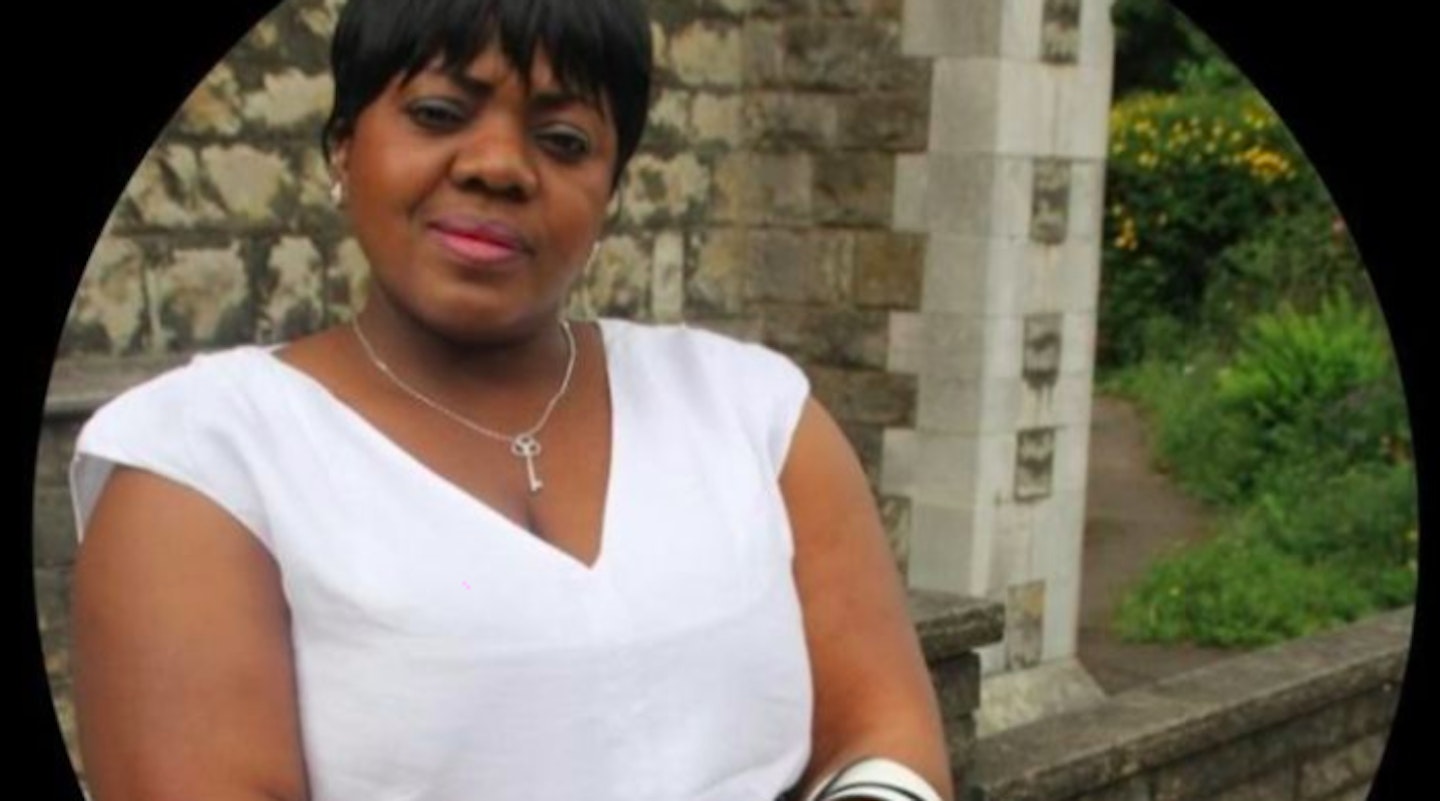 14 of 14
14 of 14Belly Mujinga Memorial Fund
For the memorial of Belly Mujinga, the railway worker who was spat at before she died of Covid-19.
